power and conflict: allusions
1/14
Earn XP
Description and Tags
Name | Mastery | Learn | Test | Matching | Spaced |
|---|
No study sessions yet.
15 Terms

My last duchess (‘I gave commands’,‘Notice Neptune…taming a seahorse’ )
‘I gave commands’ - 10 commandments: the duke sees himself as omniscient and all powerful
‘Notice Neptune…taming a seahorse’ - Neptune was the roman god of the sea, tried to tame a seahorse of whom had less power than him’
Dramatic Monologue: the use of dramatic monologue allows dukes to controlling and arrogant personality to be revealed indirectly as his casual tone and uninterrupted speech, exposes his obsession with power and dominance over his late wife.
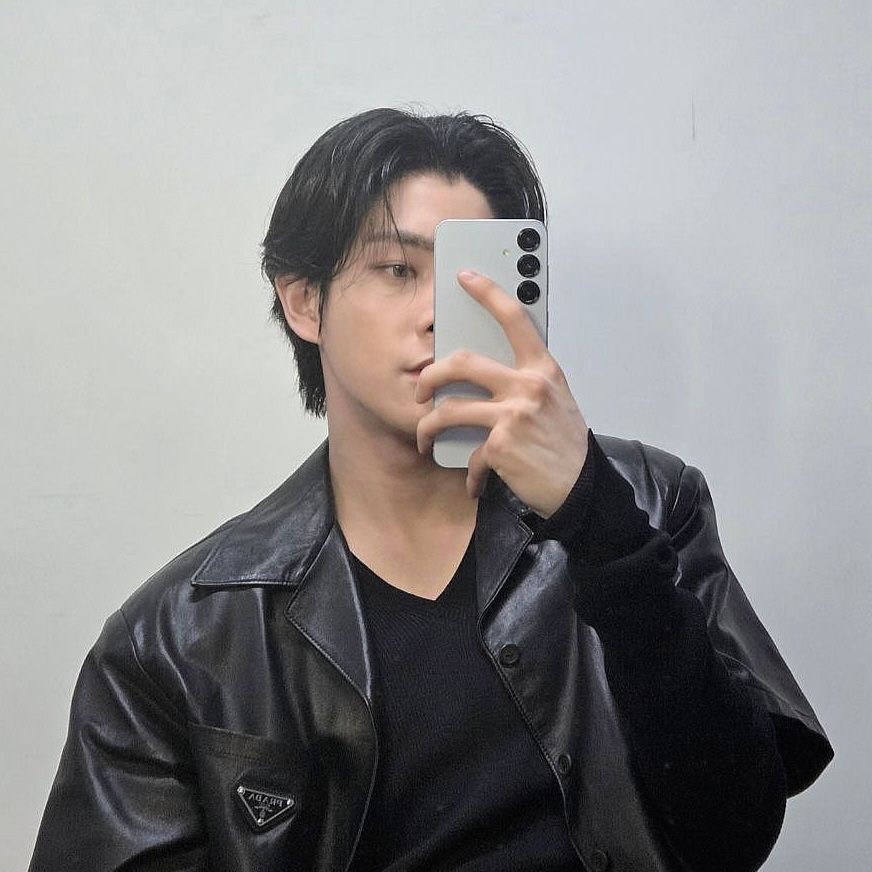
London (‘blackning church’, ‘marriage hearse’)
‘Blackning church’ - Jesus is associated with light, church is ‘blackning’ with corruption. It is a sign of moral decay, and reflects its failure to provide moral and spiritual support.
Family was a key pillar in victorian britain , yet it is being corrupted by immorality.
ABAB rhyme scheme: the consistent rhyme scheme mirrors the relentless oppressive atmosphere of the city.It emphasises the relentless cycle of poverty and suffering in the city.
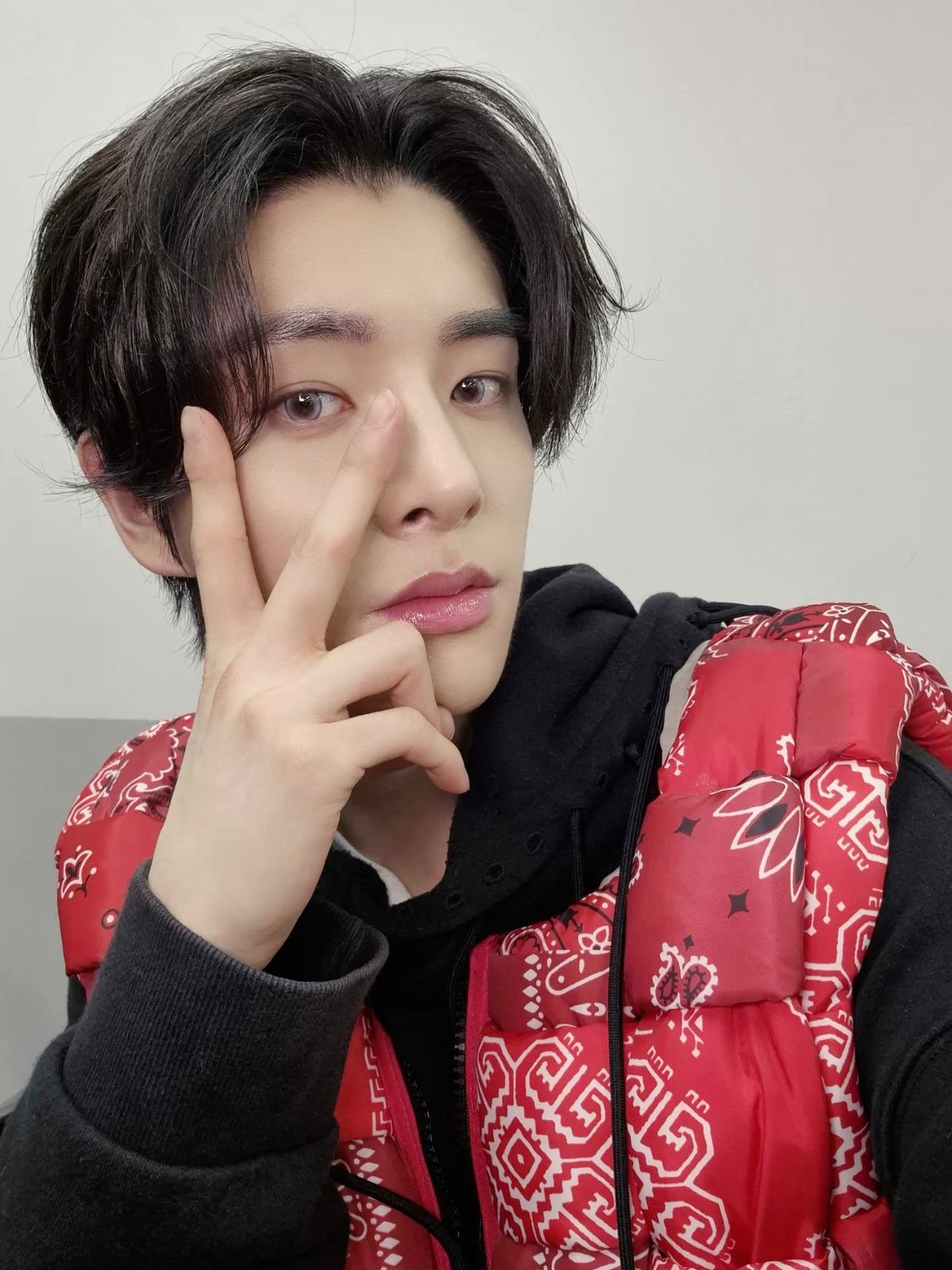
SOTI (‘pummels’)
‘Pummels’ - in Homers odyssey poseidon sends storms to punish Odysseyus showing arrogance of man
Enjambment: the use of Enjambment reflects the incontrollable and continuous power of nature with lines flowing into each other.As the storm rages on it reflects nature overpowering and continuous assault on the islanders.
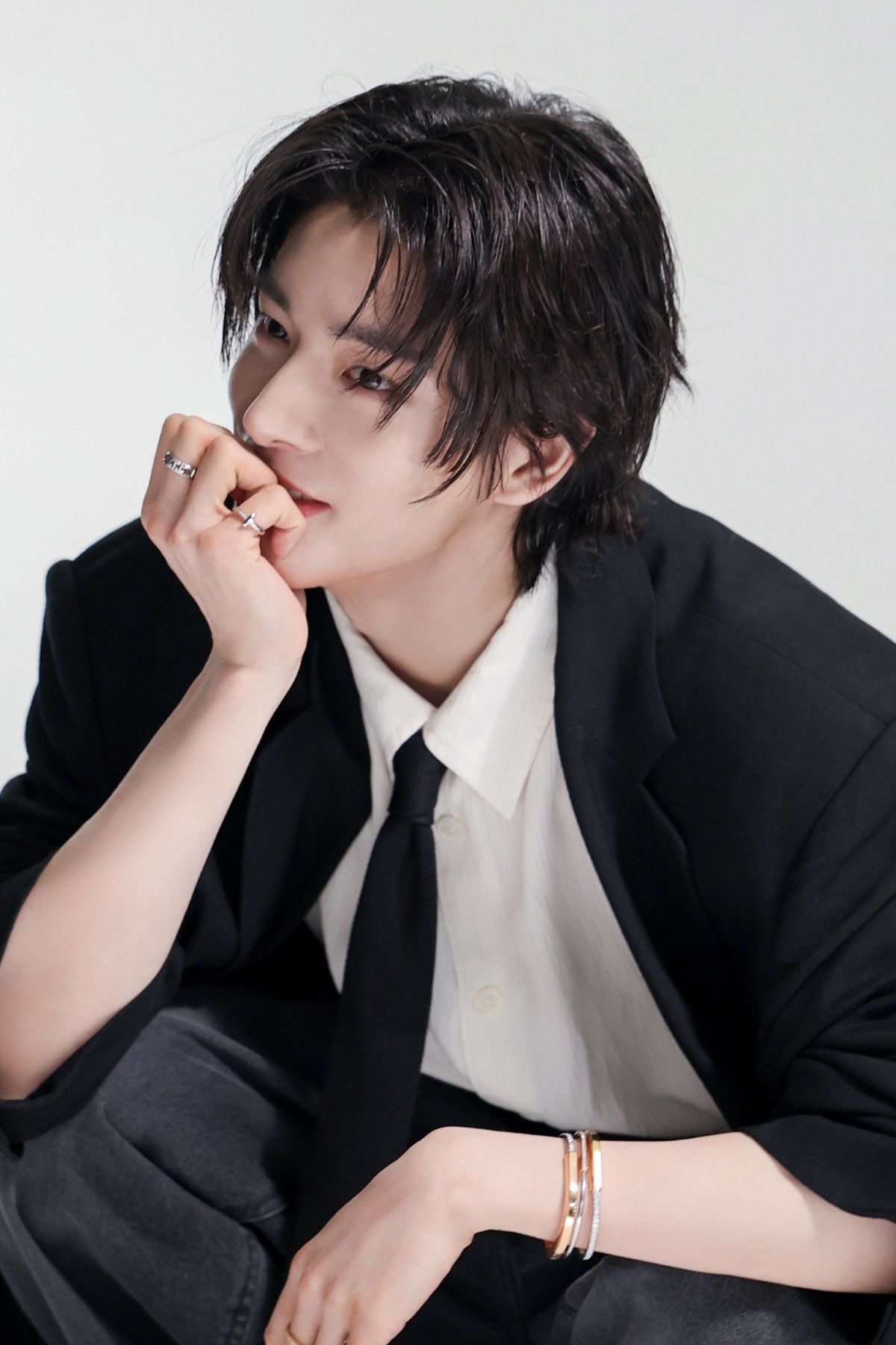
Ozymandias: (‘king of kings')
‘King of kings’ - there are several places in the New Testament, where Jesus is referred to as king of kings. Ozymandias is directly comparing himself to Jesus.
Sonnet: The sonnet form is typically associated with love.In this case , the sonnet is used ironically to present Ozymandias arrogance and narcissistic manner and mock human hubris.
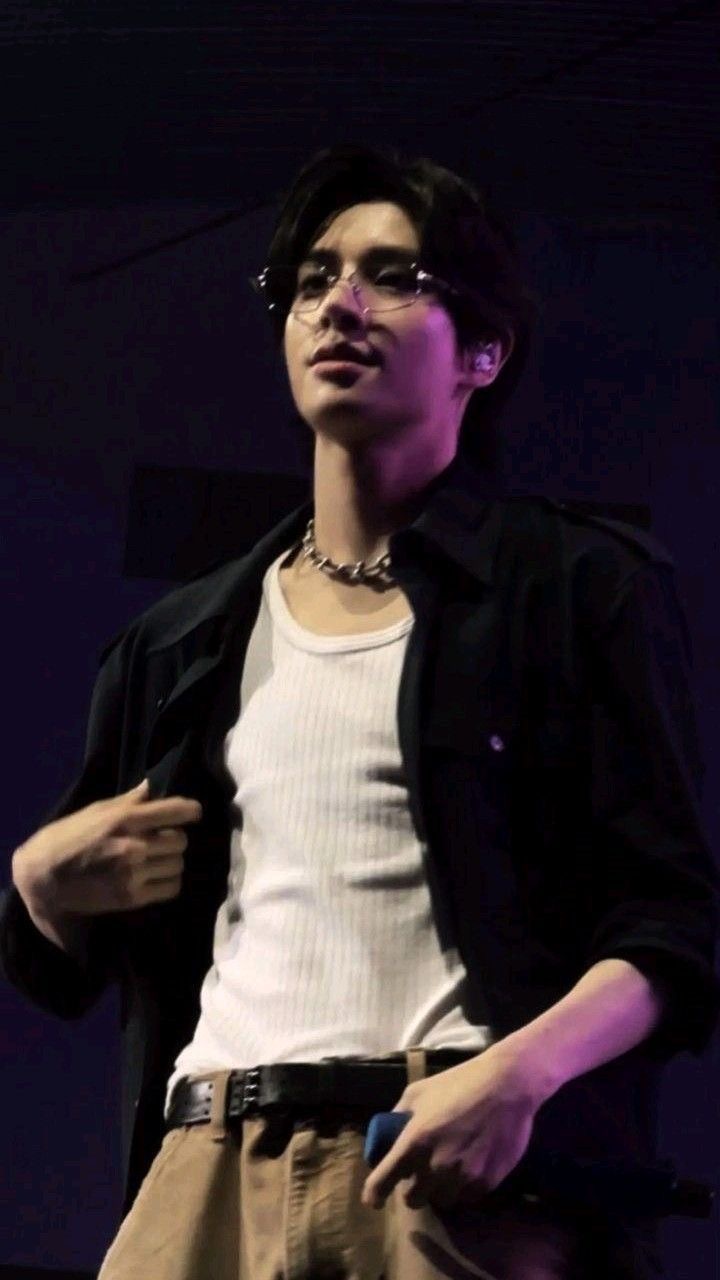
The Emigree: just structure 😞✌
Stanzas: despite the chaotic nature of the speaker's life, the stanzas are regular and consistent.This reflects the firm attachment the speaker has towards her memories , which symbolically are the foundation upon which she built her life.
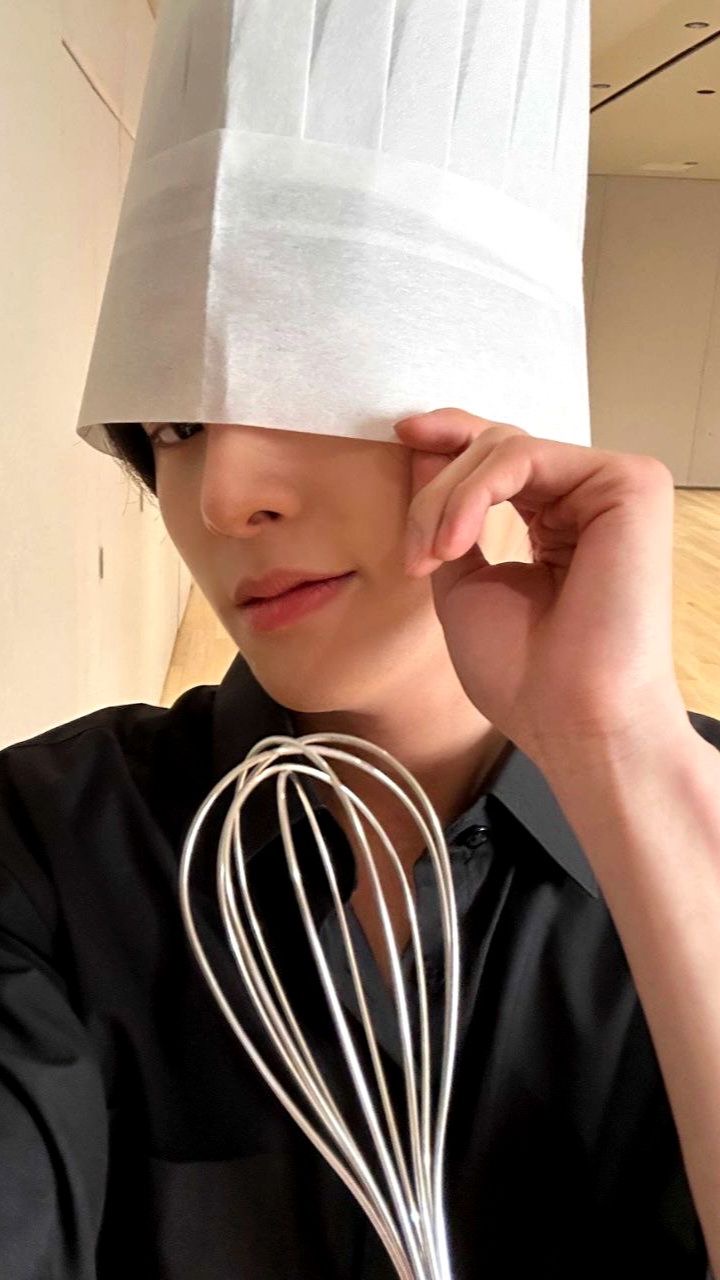
Exposure (‘merciless iced east winds’, ‘dawn massing…her melancholy army’)
Refers to Eurus, Greek god of the east wind. known for his vicious and bitter nature.
Traditional gentle connotations of femininity are destroyed with her being associated with destruction rather than creation.
Cyclical structure: the repeated refrain are , but nothing happens creates a sense of futility and stagnation. It emphasizes the monotony of war. The soldiers remained trapped in a relentless cycle of waiting suffering and despair with no resolution or escape.
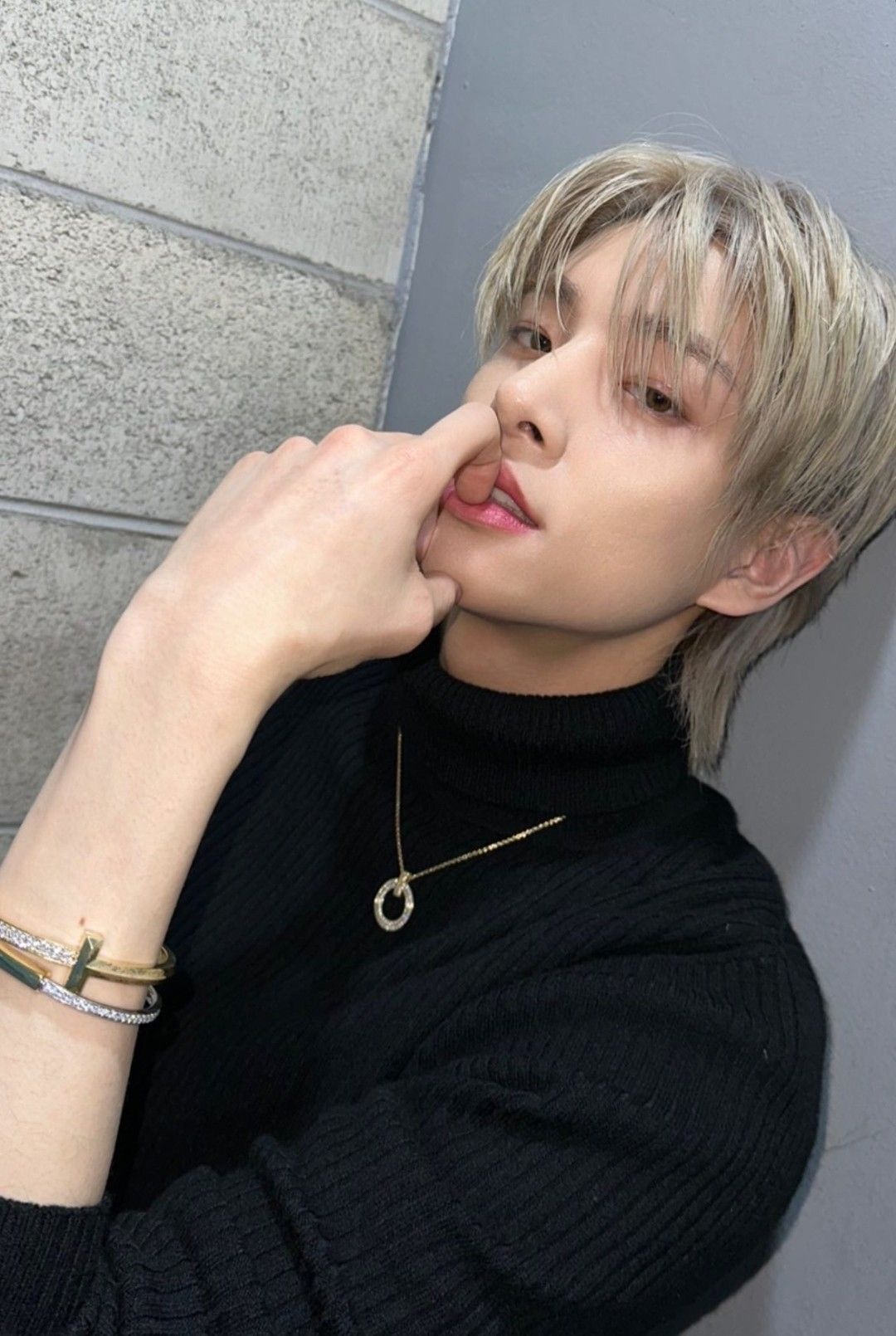
Poppies: no allusion 😞✌
Caesura: the pauses and interruptions highlights the speaker's thoughts as she grapples with her feelings of loss and remembrance.
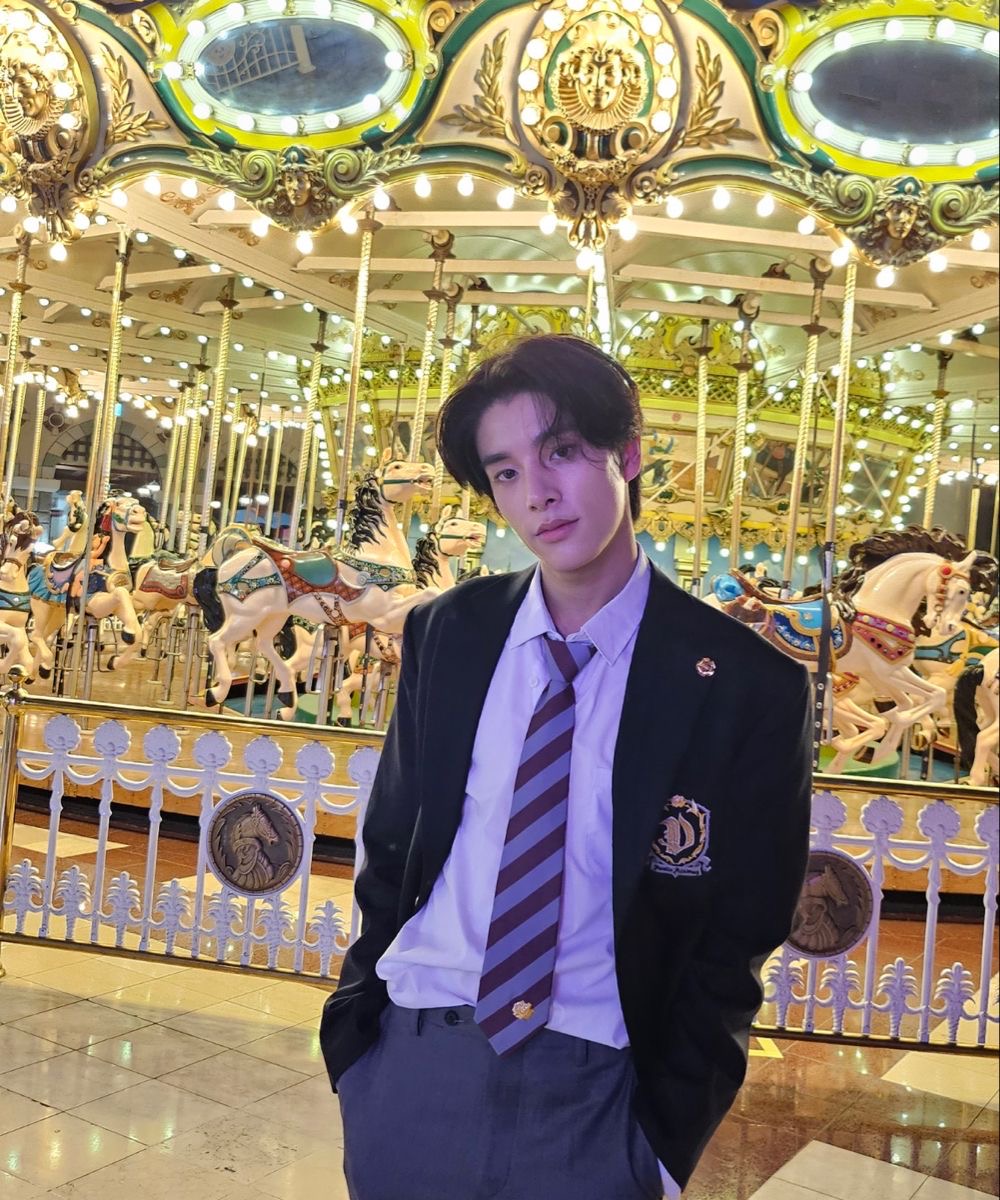
COMH: no allusion 😞✌
The fresh structure with its irregular rhyme reflects the speaker's refusal to be controlled by the rigid, eurocentric narrative.
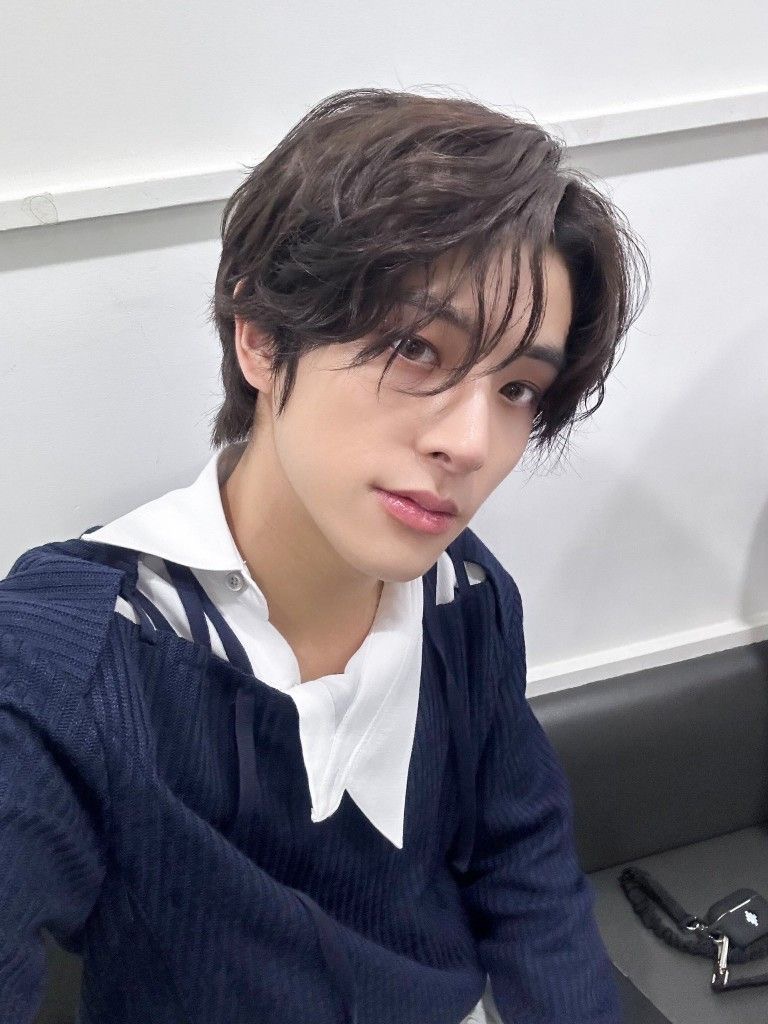
The prelude: ‘hung a darkness’
‘Hung a darkness' - Lack of light/god evokes fear and no guidance
Enjambment: Enjambment is used to mirror the fluidity of the boats, motion and the natural rhythm of the Rowing.The Enjambment also reflects the overwhelming rush of emotions experienced by the boy.

COTLB: ‘Jaws of death’
‘Jaws of death’ - Tennyson defences Shakespeares Henry V to described the courage of the soldier's charging into death a beast , which devours life
Repetition: tennyson uses this repetition throughout the poem to emphasised the relentless pace in inevitability of the charge. It mimicks the galloping of horses and the full motion of the soldiers , the relentless beat mirrors the soldiers and wavering commitment to the mission.
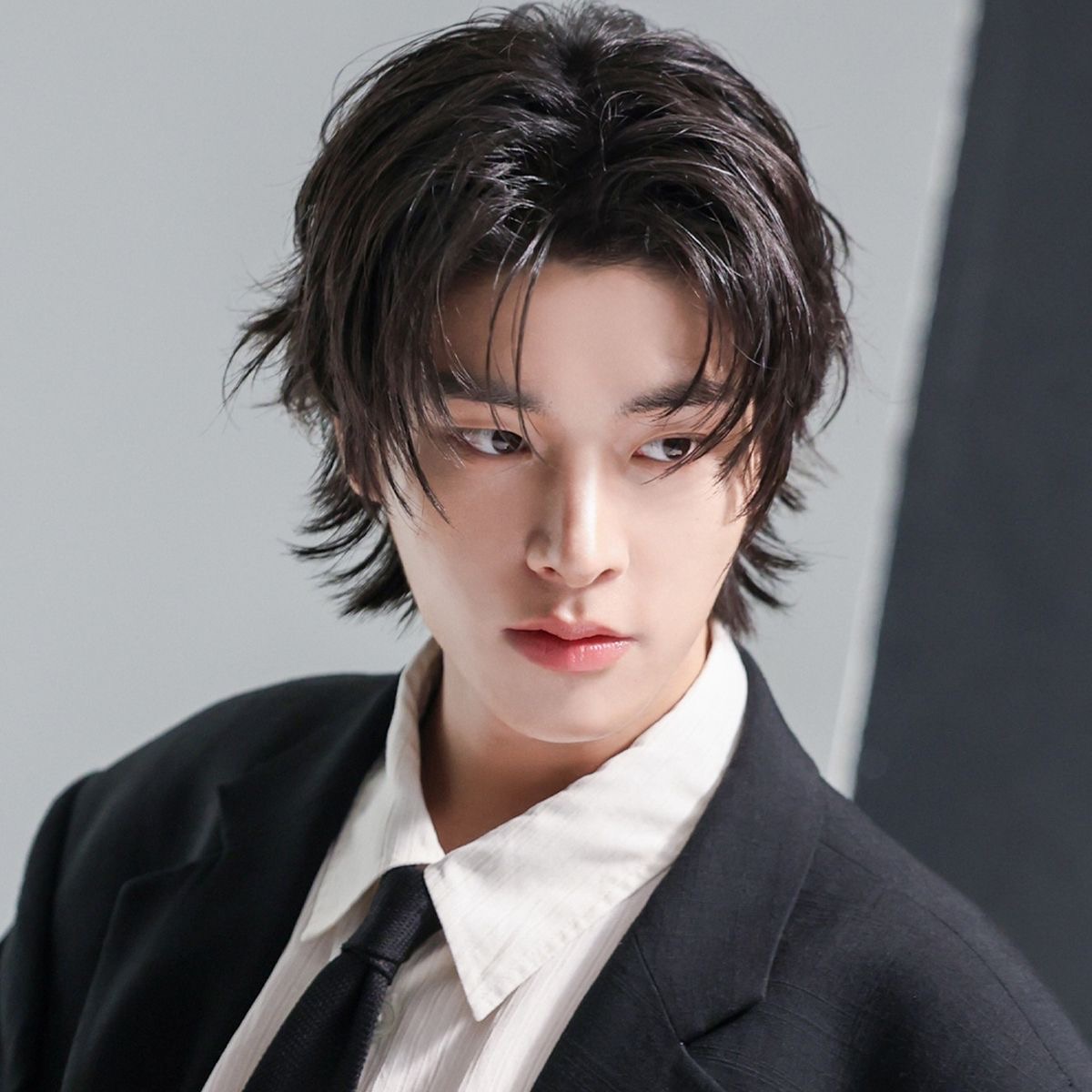
Bayonet Charge: (‘yellow hare', ‘sweating like molten iron’)
‘Yellow hare’ - classically, the hare is seen as a symbol of vulnerability and fear.
‘Sweating like molten iron’ - the extreme heat can link to hell, can be seen as hellish
Enjambment: the john mirrors the chaotic and jointed experience of the soldier , which creates a sense of urgency and disarray.
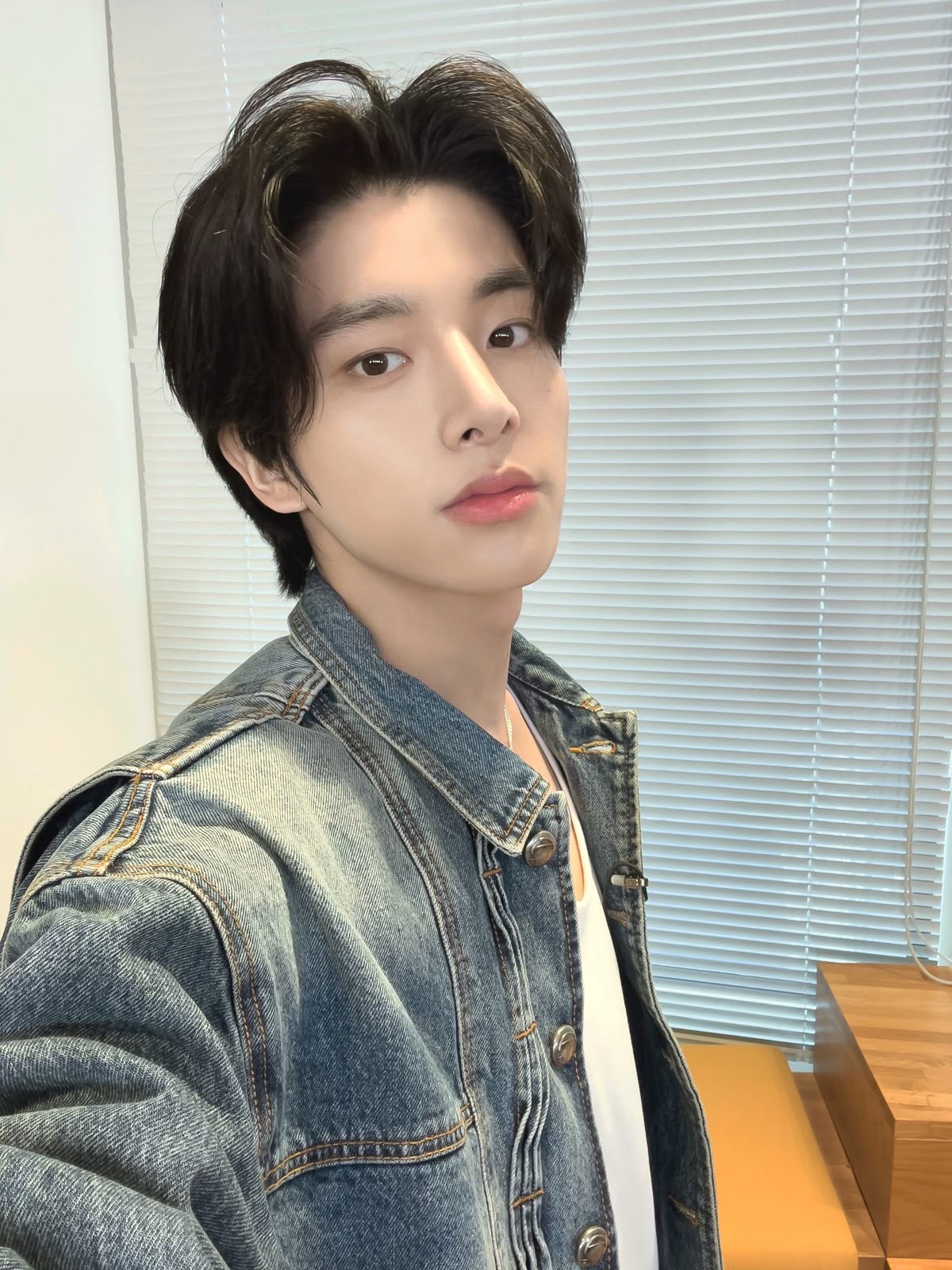
Remains: (‘his bloody life in my bloody hands')
In Christian teachings having blood on one's hand symbolises moral corruption and sin aligning with the idea that the soldier feels unforgivable for his actions
Time: The poem shifts from past tents to present tense , marking the psychological trauma that haunts the soldier at the structural shift blurs the boundaries between memory and reality
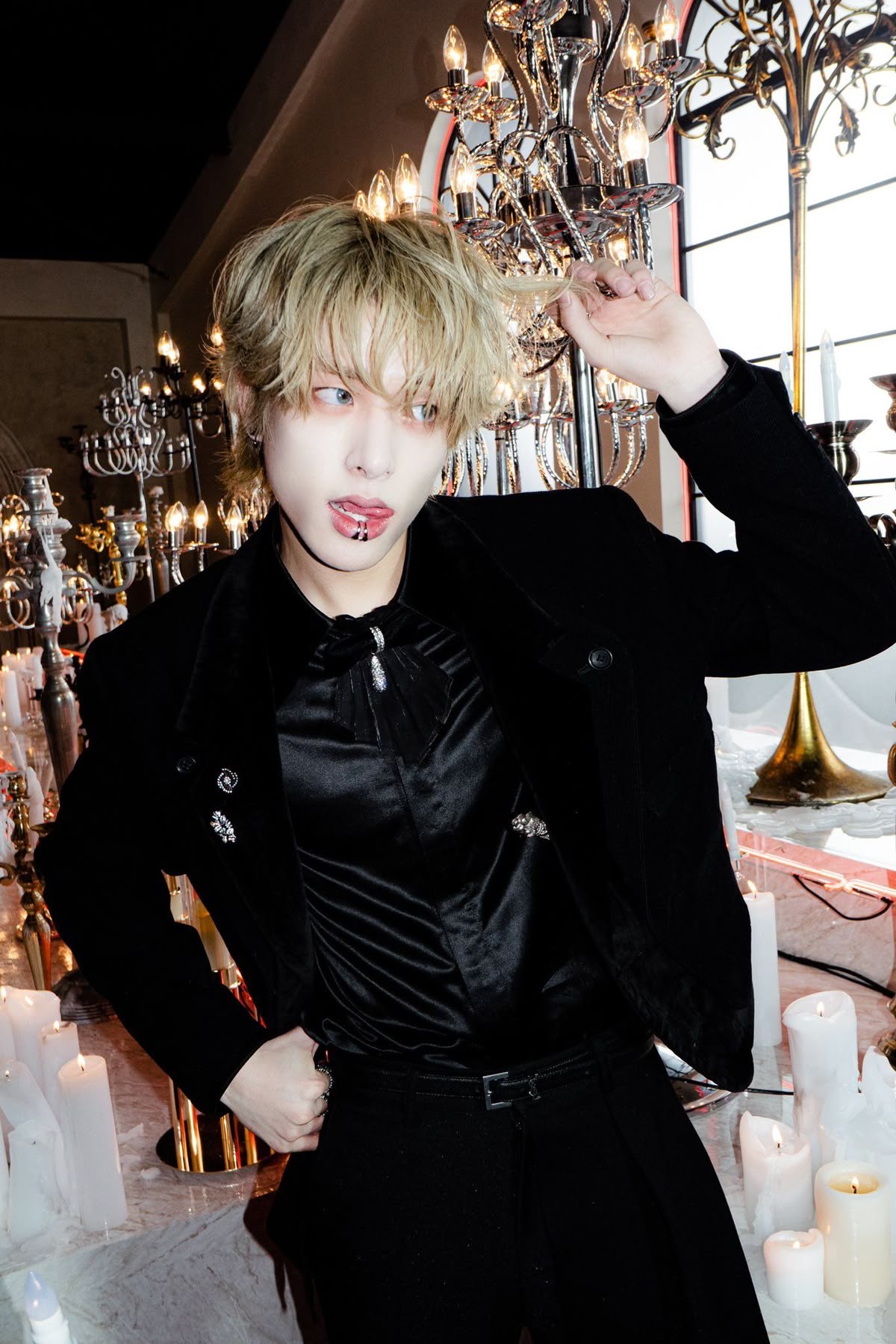
War photographer: ‘a preist’
‘A preist’ - Both deal with life and death daily
Juxtaposition: there is a structural juxtaposition between the calm.Domestic setting of the dark room in the case of war zones , this emphasised the disconnection between the photographers dual realities.

Tissue: (‘back of the koran’)
I’m tired
Free verse: the poem is written in free verse with frequent Enjambment, the structure mirrors fluidity and interconnectidness of the human and natural words
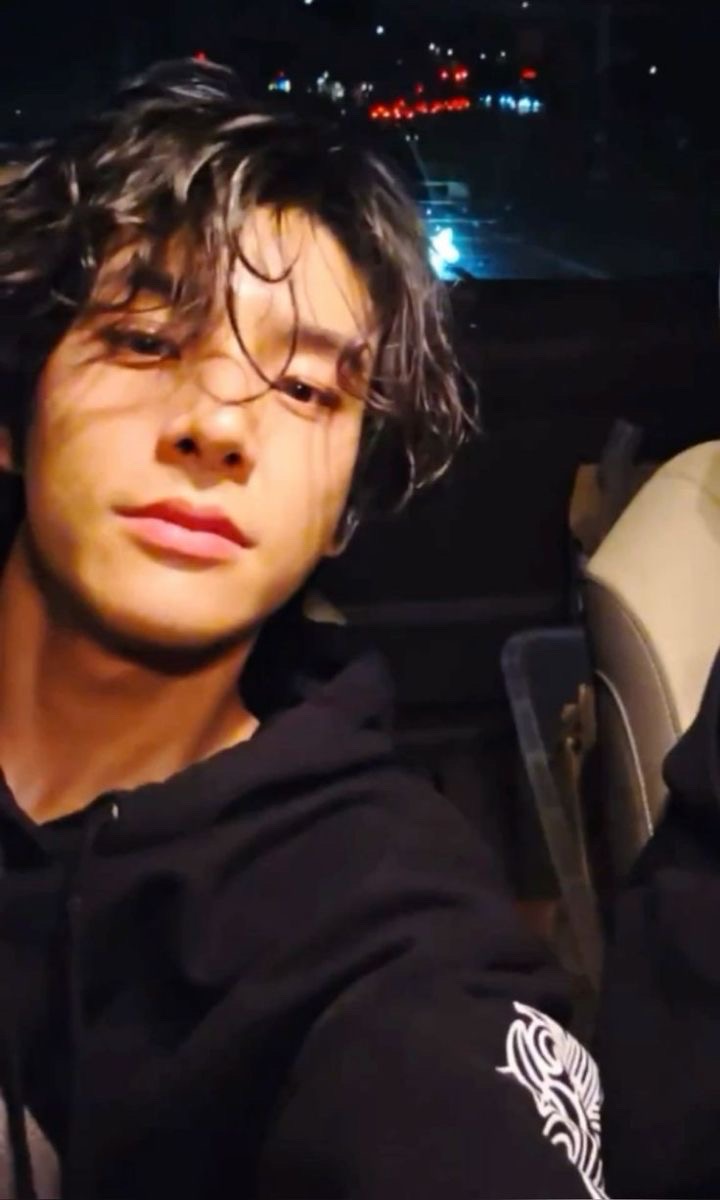
Kamikaze: (‘sunrise’, ‘dark prince’)
‘Sunrise’ - land of the rising sun
‘dark prince' - Japanese concept of mottainai
Narrative: the poem shifts from the third personnarrative in the opening standards to fast person narration at the end, just as the daughter detached from the father.So too does the narration.